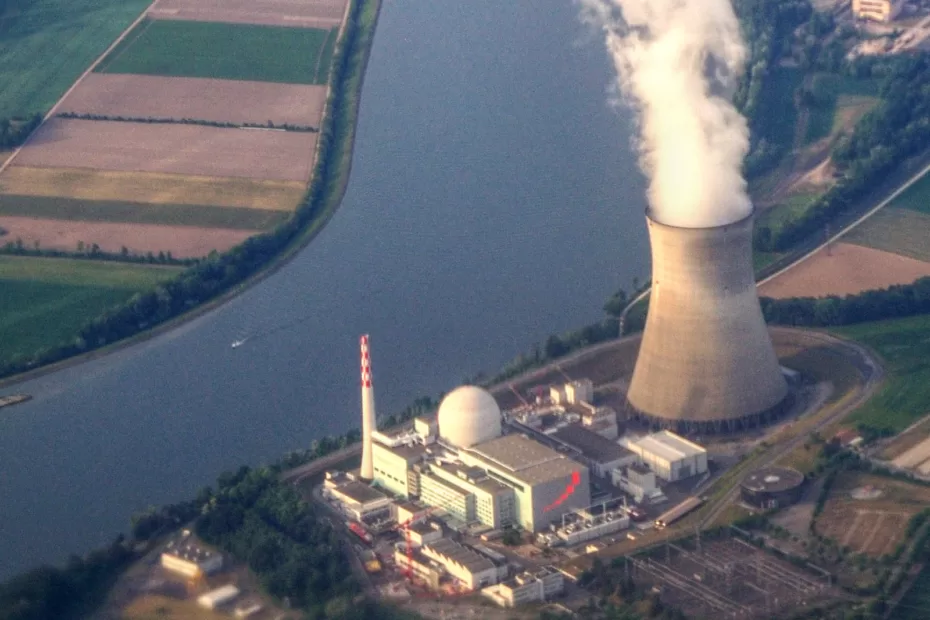The United States is seeking a Nuclear Cooperation deal with Kenya and Ghana while also looking at a possibility of renewing a pact with South Africa, according to Volz, one of the largest reactor technology developed by General Electric and Westing Electric Companies.
GE Nuclear Energy (GE) and Westinghouse Electric Company LLC (Westinghouse Electric) are US leading players in Nuclear Power Plant Equipment Market.
The United States is currently trying to find away of cooperating on Nuclear technology in Africa’s energy transition. It wants to try by using small modular reactors that can help the continent cut emissions. This can be important in adding a flexible generation capacity more quickly than large nuclear power plants.
Small Modular Rectors have drawn the attention of policymakers around the world. This is because they can be mass-produced for assembly in various locations. They are also small hence reducing the time for construction and installation.
A 2022 forum report by the Mo Ibrahim Foundation showed that small modular reactors can be mobilized more quickly.The report further revealed that they can present more short-term opportunities for nuclear power in Africa.
Also Read: Burkina Faso Inks Deal with Russia’s Rosatom to Build Nuclear Power Plant
Investment
African Initiatives in Nuclear Power
Nuclear technology is the “cornerstone of being able to achieve both the economic development and power needs that we face globally, but also the decarbonization,” Joshua Volz, the US Department of Energy’s deputy assistant secretary for Europe, Asia, Africa and the Middle East, said in an interview.
Currently, seven African countries are commissioning, shopping for vendors and mapping appropriate sites in the roll-out of nuclear power plants. Many of the countries have committed to have nuclear energy as part of their energy mix between 2030 to 2037.
These countries have developed a Nuclear National Position and are considering both large and small reactors.
Kenya is also inching closer to the development stage, after identifying two coastal sites, Kilifi and Kwale counties earlier in the year, to put up the country’s first nuclear power generator
Also Read: Russia – Africa Summit: Putin Woos Africa With Partnerships and Economic Opportunities
Currently, South Africa’s Koeberg is the only nuclear power plant in the continent. The plant is owned and operated by state-run power utility Eskom. It has an installed capacity of 1,940 megawatts.
On the other hand, Other African Countries like Egypt, Rwanda, Tanzania and Uganda have also sort Russian state energy corporation Rosatom and Chinese investors to help set up the nuclear power plants.
Importance of Nuclear Power Plants
Nuclear power is an important low-emission source of electricity, providing about 10% of global electricity generation.
Amid today’s global energy crisis, reducing reliance on imported fossil fuels has become the top energy security priority.
Nuclear energy has around 413 gigawatts (GW) of capacity operating in 32 countries. This helps to contributes to both goals by avoiding 1.5 gigatonnes (Gt) of global emissions. At the same time it also avoids180 billion cubic met.
The United States and other first world countries, normally have Nuclear power plants. This power plants helps to complement renewables in reducing power sector emissions. It also helps in contributing to electricity as a dispatchable power source.
Additionally, Nuclear power plants also contribute to electricity security in multiple ways. They help by keeping power grids stable and complementing decarbonization strategies. To a certain extent, they can adjust their output to accompany shifts in demand and supply.


